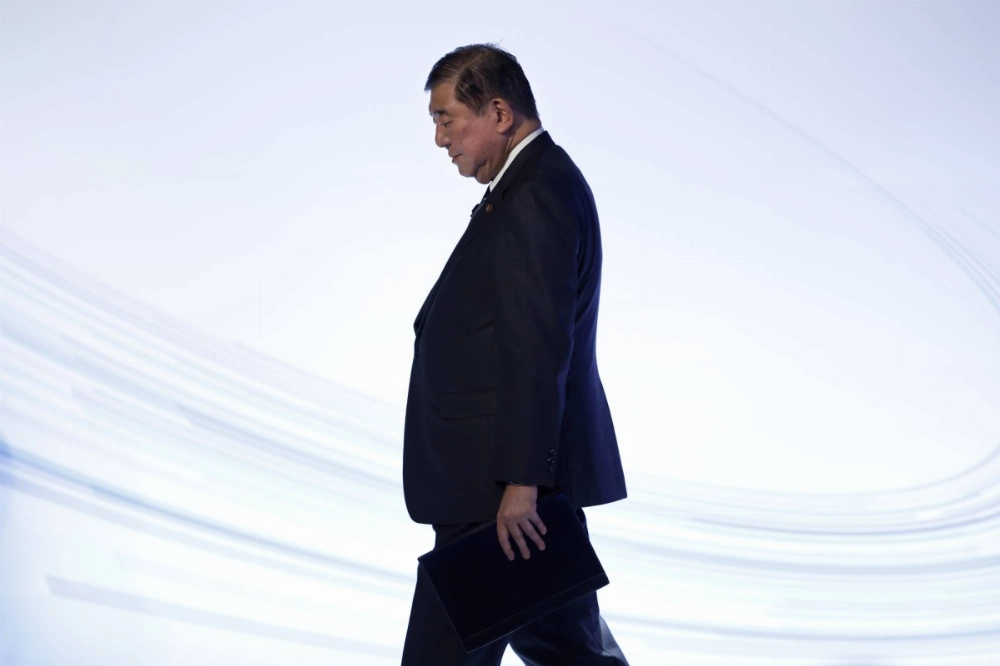Shigeru Ishiba’s rise to Japanese prime minister once seemed so unlikely, it felt like a fever dream.
Nearly 10 months later, Ishiba has lasted longer than many expected — given artificial life by the "national crisis” of President Donald Trump’s tariffs. But as Sunday’s crucial Upper House elections approach with no sign of a trade deal, many are wondering if the fever is about to break.
The House of Councilors election is typically dull, commanding little power. Former leader Shinzo Abe’s assassination during the 2022 campaign was the exception. But due in large part to the knock-on effects of that event, Japanese politics are now in the most chaotic period for decades — and Ishiba’s Liberal Democratic Party, which has long dominated the country, is limping to what looks like a historic drubbing.

















With your current subscription plan you can comment on stories. However, before writing your first comment, please create a display name in the Profile section of your subscriber account page.